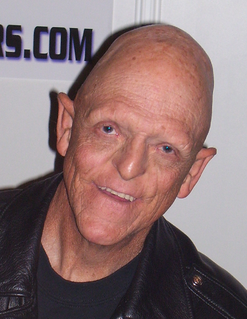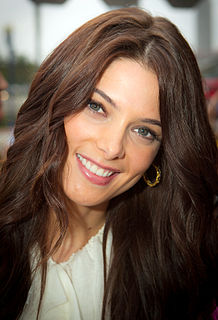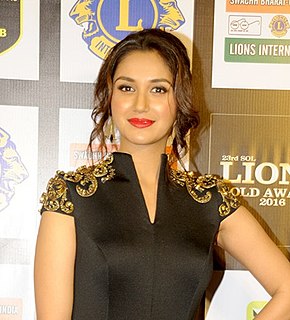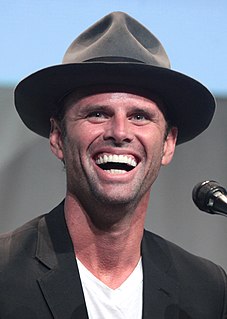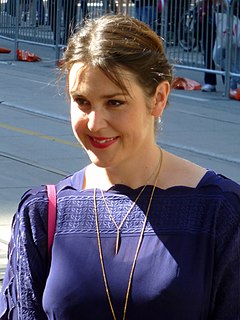A Quote by Takashi Miike
Visually, I want to try everything. But I believe that every shot of my films really expresses what I think about the story and the character. The most important thing is the story, not the images.
Related Quotes
The story is the only thing that's important. Everything else will take care of itself. It's like what bowlers say. You hear writers talk about character or theme or mood or mode or tense or person. But bowlers say, if you make the spares, the strikes will take care of themselves. If you can tell a story, everything else becomes possible. But without story, nothing is possible, because nobody wants to hear about your sensitive characters if there's nothing happening in the story. And the same is true with mood. Story is the only thing that's important.
So often with beginning writers, the story that they want to start with is the most important story of their life - my molestation, my this, my horrible drug addiction - they want to tell that most important story, and they don't have the skills to tell it yet, so it ends up becoming a comedy. A powerful story told poorly becomes funny, it just makes people laugh behind their hands.
I've been making films with almost no dialogue (laughs), so sound and music become a very powerful character to tell the story. It's almost like with sound and music and images, it's your tool to tell the story, especially when I decide to structure the film in a way that usually goes against the conventions of the three-act structure which most films are made out of.
I consciously think about the ethnicity of every character that I create and cast. But one thing that is equally important is quality representation. It's not enough to put an African-American in there, a female in there, a gay character in there: How significant is their contribution? Can they drive the story?
You need to keep everyone wanting more. Every character has so much depth, and there was so much thought that went into it, but it would've taken away at some point from the main story, and everything I think kind of was woven together really beautifully, so that you cared about everyone, and everyone had their own story, but everything helped the main plotline.
Indian audiences these days aren't really interested in watching a character on screen evolve. They don't want to see a young girl evolve into being a partner and enter motherhood - they are only really concerned about the story. As long as the story is getting interesting with every passing episode, they want more.
Thinking about making a love story without music was really frightening, Sciamma admitted. Because every love story we know, we think about 'Titanic' we think about the music, we think about 'Gone with the Wind' we think about the music, we think about 'E.T.' we think about the music, and every love story has its own tune, 'That's our song.'
I feel like any actor should always be thinking about how to serve the story. The thing to be cautious of is trying to make too much of your "moment," or whatever. The story is a lot bigger than you, and you're there to help it along. The thing to think about is whether what you're doing is true to the moment and where the story's going, rather than going, "Here are my scenes. What can I try and do to make the most of them?"







